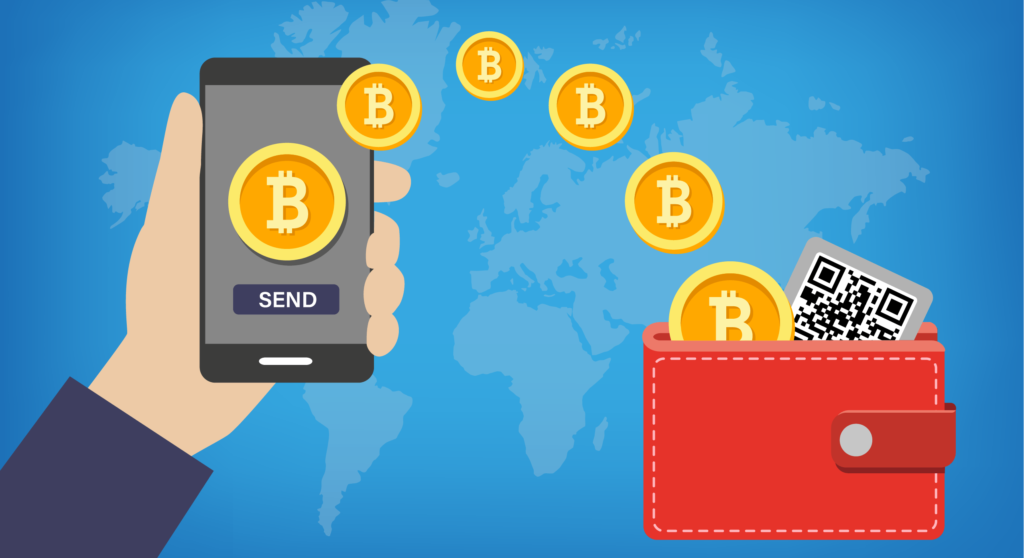In the ever-evolving landscape of digital currencies, the need for a secure and reliable storage solution has become paramount. Enter the crypto wallet, a digital tool that enables users to store, manage, and transfer their cryptocurrencies with ease. Whether you’re a seasoned investor or a newcomer to the world of digital assets, understanding the power of crypto wallets is crucial. In this article, we delve into the fundamentals of crypto wallets and explore their benefits, types, and best practices for keeping your investments safe.
At its core, a crypto wallet is a digital tool that allows users to securely store their cryptocurrencies and manage their transactions. Unlike traditional wallets, which store physical cash and cards, crypto wallets store digital assets in the form of private keys and public addresses. These wallets enable users to send, receive, and store cryptocurrencies while ensuring the integrity and security of their funds. Crypto wallets come in various forms, each with its own unique features and security levels.
The two main categories of wallets are hardware wallets and software wallets. Hardware wallets are physical devices, akin to USB drives, that store private keys offline. They offer enhanced security by keeping the keys away from potential online threats. On the other hand, software wallets can be further classified into desktop wallets, mobile wallets, and online wallets. Desktop wallets are installed on computers and offer a higher level of security compared to online wallets, which are accessible through web browsers. Mobile wallets, as the name suggests, are smartphone applications that provide convenient access to your cryptocurrencies on the go.

The security of your crypto wallet should be of utmost importance to ensure the safety of your digital assets. Regardless of the type of wallet you choose, there are key security measures to consider. Firstly, creating a strong, unique password is essential. Additionally, enabling two-factor authentication adds an extra layer of security by requiring a second verification step. Regularly updating your wallet software and backing up your crypto wallet malaysia private keys or recovery phrases are also crucial steps to protect against potential loss or theft. Lastly, exercising caution when sharing wallet information or engaging in online transactions can help mitigate the risk of falling victim to phishing attacks or scams.
Crypto wallets offer several advantages over traditional banking systems. Firstly, they provide users with full control over their funds, eliminating the need for intermediaries such as banks. With a crypto wallet, you have the power to send and receive funds at any time, without relying on a third party. Furthermore, crypto wallets facilitate faster and more affordable cross-border transactions, as they operate on decentralized blockchain networks. Additionally, the transparency of blockchain technology ensures that all transactions can be verified and traced, promoting accountability and reducing the potential for fraud.
While the concept of crypto wallets may seem complex, many wallets offer user-friendly interfaces that simplify the management of digital assets. Whether you opt for a desktop, mobile, or online wallet, most platforms strive to provide intuitive interfaces that guide users through the process of sending, receiving, and storing cryptocurrencies. The increasing popularity of cryptocurrencies has also led to the development of multi-currency wallets, enabling users to manage various digital assets within a single application. This accessibility empowers individuals from all walks of life to participate in the world of digital currencies.

